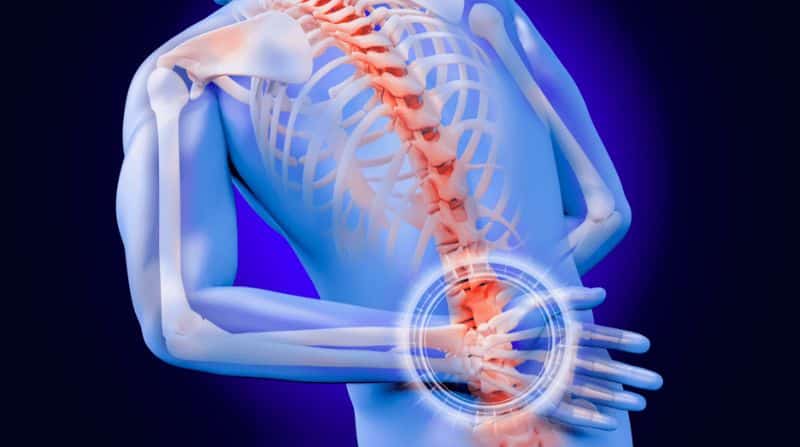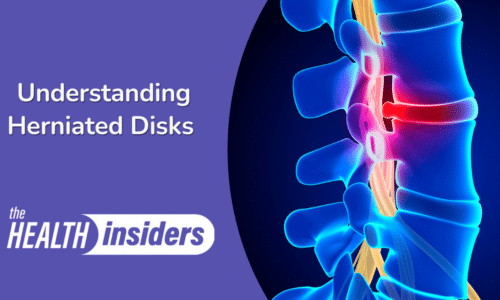Common Causes of Thoracic Back Pain |

Although thoracic back pain, or upper back pain, is usually benign, it can also be a sign of other, more serious, health concerns. In an interview with the Health Channel, Dr. Georgiy Brosuvanik, a Spine Surgeon with Baptist Health South Florida, describes other possible causes of thoracic back pain.
Dr. Brosuvanik explains that problems with the organs that sit near your spine in your mid-back, such as the kidneys and aorta artery, can cause back pain. “With kidney disease, there aren’t signs or symptoms necessarily set in stone that will tell you for sure that’s what it is, except for one thing. If you gently tap specific patients with kidney disease, right on their side, where the rib cage ends in the mid-back, but off the midline, they will have severe pain. That’s called CVA tenderness,” Dr. Brosuvanik states.
Dr. Brosuvanik explains that he also checks patients who have mid-back pain, for vascular issues. He explains that back pain could be a sign of something called an abdominal aortic aneurysm. The aorta is a large artery that carries all the blood from the heart to the extremities of the body. In order for the blood to reach our fingers and toes, the heart has to pump hard, which puts a lot of pressure on the aorta. Sometimes the aorta weakens, and it can cause serious problems; “Imagine how scary it is to have this high-pressure flow like a fire hydrant inside a tube that’s about to rupture and when it ruptures, usually patients don’t make it,” Dr. Brosuvanik states. That is why Dr. Brosuvanik believes that it is important to do proper imaging for patients with mid-back pain, because catching a weak aorta early could save someone’s life.
The doctor goes on to offer that it is also important to look out for things like unwanted weight loss and nighttime back pain because they could be signs pointing towards cancer. Fractures can also produce nighttime back pain. It is possible to fracture your thoracic spine without doing anything strenuous, especially in the elderly population. “Something as simple as a cough or a sneeze, and all of a sudden the back hurts, and it’s unremitting, and it doesn’t get better,” Dr. Brosuvanik warns, “then you get proper imaging, and you see that the bone has sort of accordioned down.”
Watch the full segment of Dr. Georgiy Brosuvanik explaining different causes of thoracic back pain, here: https://youtu.be/4-yEbZxuTjg








